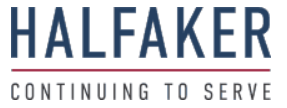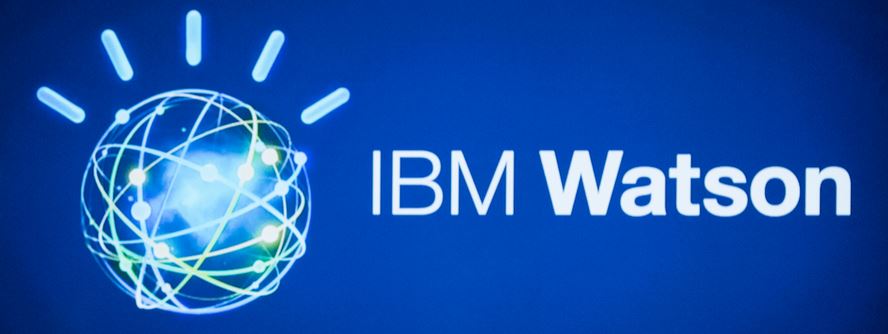Halfaker & Associates Awarded $10M Support Services Contract

Congratulations to Halfaker and Associates, LLC on the $10M VA Software Engineering Support Services Revenue Cycle Management contract award.
The technology solutions provider received the award under the Department of Veteran Affairs’ (VA) Transformation Twenty-One Total Technology Next Generation (T4NG) contract vehicle. Halfaker will work with VA’s Office of Community Care (OCC) Revenue Operations (RO) to improve user experience and the quality of Veteran-facing systems by providing project management, requirements analysis, design, development, integration, and testing focused on the Accounts Receivable (AR), Integrated Billing (IB) modules of Veterans Information Systems and Technology Architecture (VistA), Consolidate Billing Statement System (CBSS), and Veterans Billing Statement System (VBS). The SE RCM task is a two-year, $10M program that will support VA’s OCC Revenue Operations.
Headquartered in Arlington, Virginia, Halfaker was founded by Army veteran Dawn Halfaker, who also serves as the company’s CEO.
“As the OCC RO continues to assess, monitor and drive VHA compliance with healthcare regulatory requirements, the systems that enable these operations must continuously mature and evolve in a rapid and scalable manner,” said Ms. Halfaker. “We are ready to support VA’s OCC RO in every aspect of enhancing critical VistA modules so that they can continue to serve our Veterans.”
With a track record of strong VA customer relationships and outstanding performance across large, enterprise-level modernization programs, Halfaker delivers feature-driven agile development, leveraging automated build, test, and deployment processes to guarantee rapid, reliable, timely, and high-quality software releases. Halfaker leverages diverse teams to conduct operations and achieve all program objectives in adherence to VA’s Veteran-focused Integration Process (VIP) guidelines. Their cloud technology experts engineer customer-centric solutions by adapting the latest tools, standards and techniques to meet the client’s strategic goals, modernize mission-critical applications, reduce backend risks, and increase scalability for future optimization.










